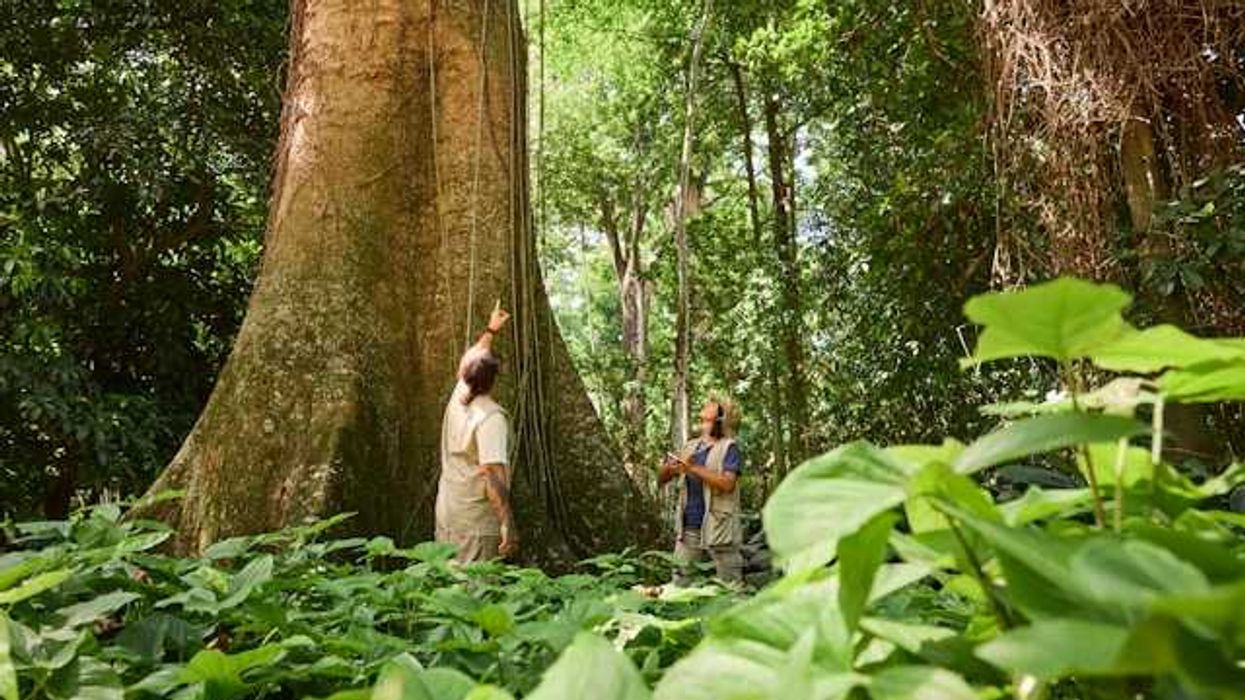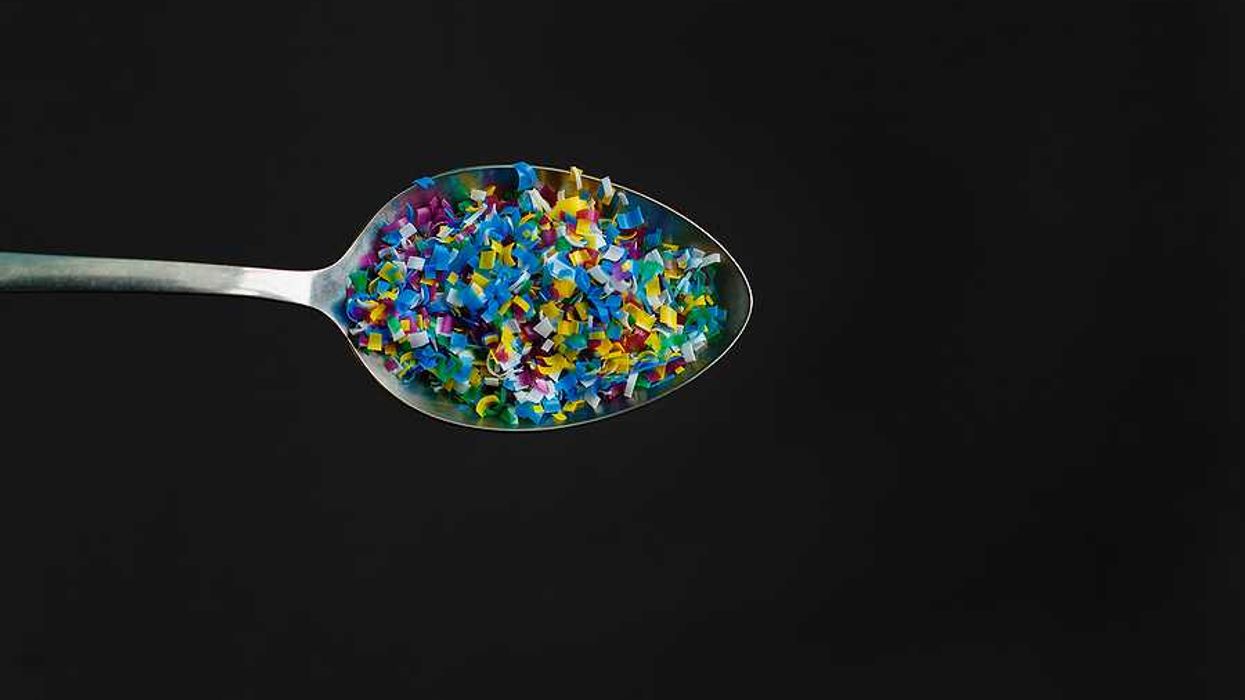Professor Valérie Langlois of the Institut National de Recherche Scientifique (INRS) in Quebec is leading a $1.4 million Canada Research Chair project to investigate the impact of endocrine disruptors on health and the environment.
Jean-Benoit Legault reports for The Canadian Press.
In short:
- Endocrine disruptors are chemicals that mimic hormones, potentially affecting fertility, metabolism, and neurological systems.
- These substances can cause harm even at low doses, with prolonged exposure leading to long-term effects across generations.
- Langlois emphasizes the need for advanced detection tools and public awareness to mitigate these contaminants in ecosystems.
Key quote:
“BPA was designed as a synthetic estrogen to treat women. Decades later, it was added to make plastic more flexible. And now we’re surprised that plastic that contains BPA, or all the other substitutes (that have been invented), causes effects? I find that a little absurd.”
— Professor Valérie Langlois, INRS
Why this matters:
Despite mounting scientific evidence and warnings, the past decade has seen a troubling increase in environmental endocrine disruptors. Their ubiquitous and pervasive global presence suggests the need for a collective response involving interdisciplinary collaboration, robust public engagement, and proactive regulatory measures. However, political will continues to lag.
Read more: Invisible pollutants and the tipping point for endocrine disruption














